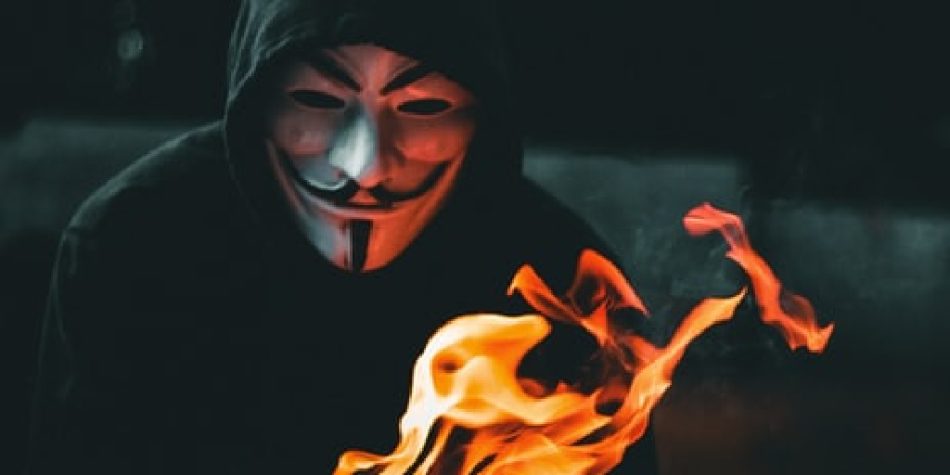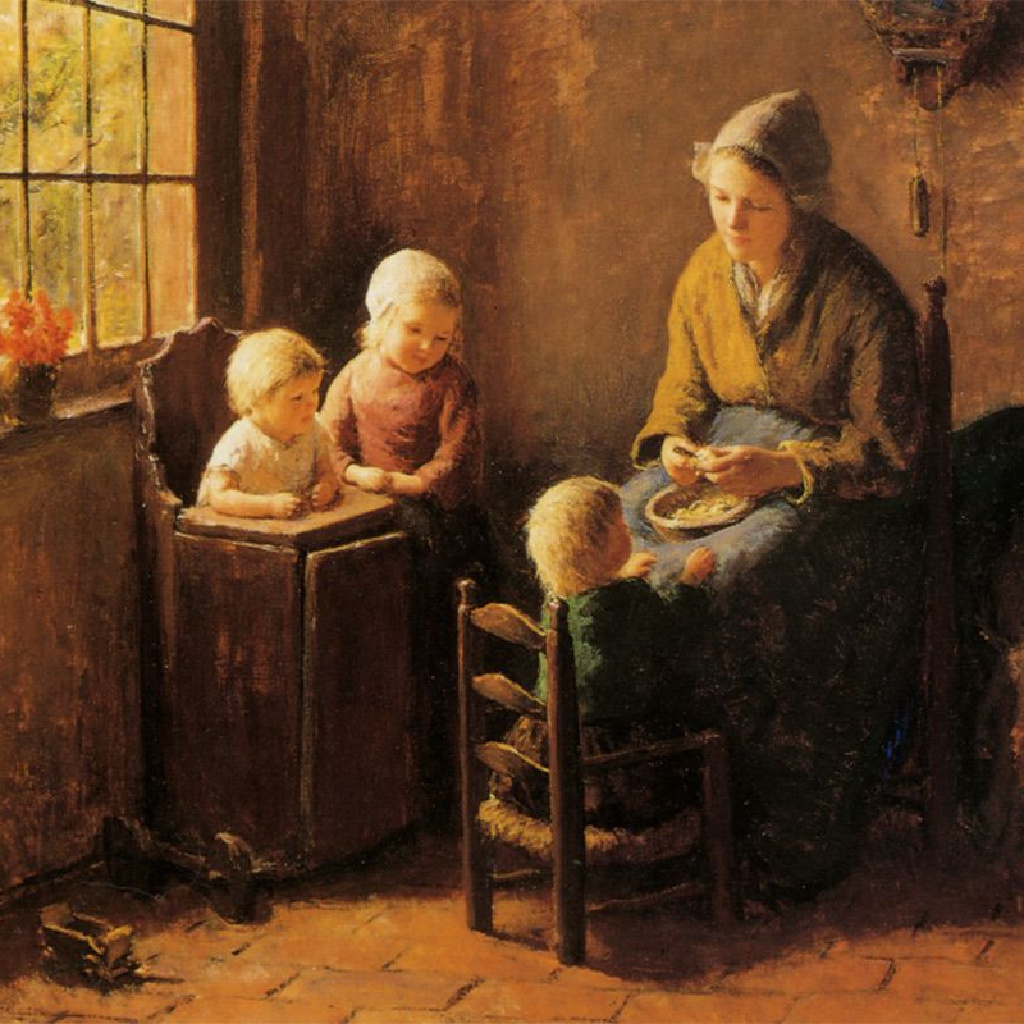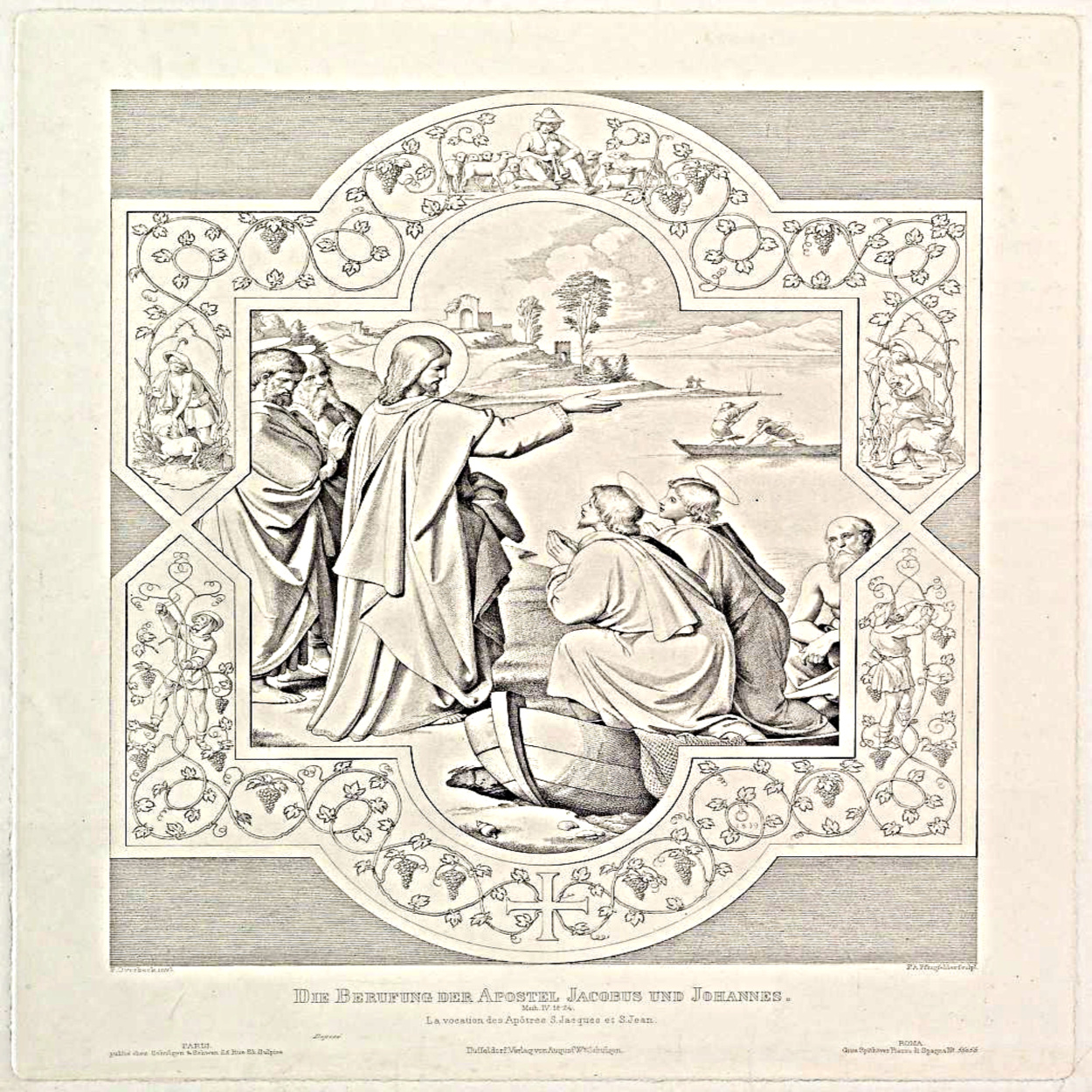Let’s not dance around this. Something creepy and dangerous is happening on our college campuses—and which has now been effectively exported to workplaces and social media everywhere.
New York University professor Jonathan Haidt often speaks of 2014 as a turning point where he saw students move from protest and frustration about unpopular views (which had been normative and common) to beginning to claim that being exposed to these views was “psychologically damaging”—and that such speech ought to be equated with “violence.”
That prompted Jon to join Greg Lukianoff in writing “The Coddling of the American Mind,” and to start Heterodox Academy, which has gathered thousands of professors, administrators, and students grappling with the increasingly illiberal atmosphere on campus.
In sharp contrast to this worrisome trend, the spirit at the national convenings of Heterodox Academy is riveting and refreshing—celebrating “viewpoint diversity” and embodying the beauty at the heart of the academy which I experienced in my own university education. After working to help thousands of students across major universities to appreciate healthy disagreement, Liz Joyner, national director of the Village Square and I have been offering a workshop for Heterodox Academy called “fostering ideological diversity (without it blowing up in your face),” where we try and provide practical support for professors and graduate students in tough situations.
I don’t think most people realize how difficult it is on college campuses today. Some of these anonymous comments are illustrative:
- “My school is slowly moving toward an ‘if you don’t share our values then you have no place in our school’ mentality.”
- “I used to expect that professional arguments needed to rely on credible and appropriate evidence, but that expectation seems to be the exception now. Instead, my discipline expects a specific set of values and political ideologies, and publicly vilifies anyone who questions or misaligns with these perspectives.”
- “To question this activism (and the ‘cult of safety’ and ‘kindness’ infecting many schools today) is equated with opposing it (with all the requisite negative characteristics applied to one who would dare oppose such righteous acts).”
- “Since I am willing to run a classroom that allows these students to express their views and celebrates viewpoint diversity over ‘cultural diversity,’ ‘safety,’ or ‘kindness,’ I’m constantly concerned about losing my job.”
Another professor spoke of constant “worry about offending a student and having to meet with upper administration”—with still another admitting she felt “powerless” and was tired of “walking on eggshells all of the time.”
Those fears are not naive—with reports every day of another professor losing their job because of outrage over certain questions asked or comments made (see here and here and here and here). This is something activist groups are well aware of—and all too willing to leverage with social media as their megaphone and media outlets incentivized to amplify grievance.
In this way, a vindictive, merciless campaign of condemnation gets passed off and re-packaged as a morally virtuous attempt to reach for a better society.
Those speaking with such ferocity see themselves as advancing a noble cause and fighting injustice in all its forms. I’ll never forget one lunch meeting with students at a major midwestern university, where they were going around proudly reporting recent instances of confronting “microaggressions” from fellow students reflecting what they perceived as racial or sexist bias. At one point, I chimed in to validate their attempts to improve the world, before adding, “I can’t help but imagining though, what would happen if, out of a desire to improve my marriage, I went home today determined to implement a similar plan of confronting my wife on anything she might say or do— however minor the infraction—that did not align with my own higher ideals. Despite my positive intentions, how well do you think that would really work to help my relationship grow?”
These students, of course, weren’t thinking about ways their actions could be making things worse. Why would they, when similar abrasive efforts were held up all around them (by professors, social media, mass media) as central to working towards a more just society? In this way, a vindictive, merciless campaign of condemnation gets passed off and re-packaged as a morally virtuous attempt to reach for a better society.
Is the real news story, in any of these cancellation attempts, the fact that an inartful or challenging comment was made by someone somewhere, OR is it the over-the-top “what a terrible person … off-with-his-head” onslaught that we’ve sadly all come to expect?
Explaining some of the larger forces that encourage this kind of an outward display of outrage and growing pressure among students, journalist Thomas Edsall quotes Jonathan Rauch, a senior fellow at Brookings, who summarizes:
- “The younger generation (wrongly) perceives free speech as hazardous to minority rights.”
- “The purist side has had more passion, focus, and organization than the pluralist side.”
- “Universities are consumeristic these days and very image-conscious, and so they have trouble withstanding pressure from their ‘customers,’ e.g., activist students.”
- “The use of social pressure to manipulate opinion is a powerful and sophisticated form of information warfare. Anyone can be dogpiled in minutes for any reason, or no reason.”
- “Activists have figured out that they can have disproportionate influence by claiming to be physically endangered and psychologically traumatized by speech that offends them.”
In the same article, Randall Kennedy, a law professor at Harvard recounts how activists have learned to “deploy skillfully the language of ‘hurt’”—as in “I don’t care what the speaker’s intentions were, what the speaker said has hurt my feelings and ought, therefore, to be prohibited.” He encouraged leaders on campus to “become much more skeptical and tough-minded when encountering the language of ‘hurt’”—so as to avoid incentivizing “those who deploy the specters of bigotry, privilege, and trauma to further diminish vital academic, intellectual and aesthetic freedom.”
Jessica Bennett wrote in the New York Times recently about the “cultural capital” that comes from “deploying the language of trauma, or of harm” for even seemingly minor incidents, precisely since those seen as “victims of wrongdoing tend to be perceived as more ‘moral’ or ‘virtuous’ than others.” She goes on to cite Shantel Gabrieal Buggs, a sociologist at Florida State University, who points to a similar creep in language wherein “gaslighting” is now “thrown out anytime someone’s perception of something is challenged.”
Among other things, all this has the effect of chilling speech on (and off) campus. Why would anyone take a risk of making a mistake in such an accusing, reactive atmosphere? And what does it really mean for our collective ability to learn and progress together when so many people are scared of sharing what they really think?
Imagine a home where children are not allowed to make mistakes without being immediately condemned and chastised. For far too many, no imagination is needed—having experienced for themselves the emotional toll that comes from growing up in a hellish environment like this and witnessing the way this can stunt development at every level. Contrast that with a home permeated by the spirit of forgiveness and grace, where everyone knows that mistakes are going to happen—and that this is not a problem, since “in this family, we can all keep learning and growing together.”
Isn’t that the kind of atmosphere encouraged by the message of Jesus? And isn’t this a thrilling aspiration for us to reach towards in our homes, communities, and campuses? As one black student told Ben Pacini this last week, “Some people ask how I can forgive when it comes to race and racism. Simple. I’m a Christian. Forgiveness is what I do.”
The good news is that for a university wanting to foster an atmosphere like this, there are positive and proactive steps they can take. A new review of data across campuses confirms the extent to which courageous leadership by administrations can help deter a pattern of cancellation and provide cover for academics and students to engage in the open pursuit of knowledge. By contrast, when administrations cave to activist demands, the frequency of cancellations and censorious efforts increases predictably—like parents caving into a toddler’s tantrums. Time for administrations to be the adult in the room!
This is not a “conservative” or “liberal” position. It’s an “academic freedom” and “open inquiry” and “truth-seeking” position. After a Georgetown professor was placed on leave over some tweets critical of President Biden’s promise to nominate a black woman to the Supreme Court, it’s been striking to see the political diversity of people rallying around the professor, including liberal commentators like Michelle Goldberg. Even people who find his comments repulsive have raised their voices, such as The Atlantic’s Adam Serwer who wrote, “I’ve made my feelings about what he said clear but it’s impossible for academic institutions to fulfill their missions if they fire or punish people under circumstances like these.”
Even so, amidst the unforgiving cultural ferment, many administrators remain fearful to do anything proactive. As a result, most professors are left having to navigate on their own what to do next. As one professor told us, “I am seeking skills to keep instilling a love of thinking in my students, which implies questioning and listening, without fear of terrible retributions.”
When those attacks come, sincere apologies are sometimes offered to do better, as happened with Brother Wilcox—consistent with the gospel encouragement toward “daily repentance.” That’s a good thing. In many other cases, however, as Dan Ellsworth pointed out this week, public statements of contrition often resemble “forced confessions among people who are terrified for their personal safety and well-being”— what Sonia Sodha calls “hostage notes” involving what Ellsworth describes as:
Abject apologies that speak to the ideas of people they fear. They employ quasi-religious language: my heart has been awakened to realities I was not able to perceive before. I now see the light and I apologize for my actions before I came to this new understanding.
None of this, of course, is to deny the importance of doing what we can to advance greater equity and justice in society—something prophets have confirmed as important. Ben Pacini explored facets of a more classic and compassionate form of anti-racism last week that has the potential to unite people across the political divide. And last year, Hanna Seariac explored ways the gospel of Jesus Christ could become a “foundation for common ground on social justice.”
Why try and bring faith into this conversation at all? Maybe because none of these efforts towards achieving greater social justice seem to work all that well without it. As Dan Ellsworth argued this week, “The Zion vision of social justice is only possible among the authentically converted”—noting, “Without the unifying power of real Christian conversion, attempts to imitate egalitarian Zion usually resort to winner-take-all politics or violent coercion to achieve their visions.”
Isn’t this exactly what we’re seeing around us? Maybe this helps explain why schools with some kind of a religious foundation—far from the repressive environment some pretend them to be—may soon become the only places where open exploration of ideas is even possible (although the new University of Austin may prove otherwise). One professor who had taught as a visiting professor at BYU told me that she “actually felt freer there to express diverse opinions than at my home university.”
Hillsdale College is another encouraging example of religiously-grounded university education fully aligned with constitutional principles, which has been inspiring families across the country with their online offerings. Don’t hold your breath to see distinctive advantages on religious campuses featured in headline news anytime soon! (But then again, the full truth never is.)
May the beauty of the academy and its unabashed pursuit of truth burn bright. And may we continue to raise our voices and never stop working to preserve the ideals of free expression and pluralism that are foundational to the American experiment.
Note: If you’re concerned about these trends, consider joining me and many others from across the nation at the upcoming Heterodox Academy conference in Denver, Colorado, June 12-14.
















